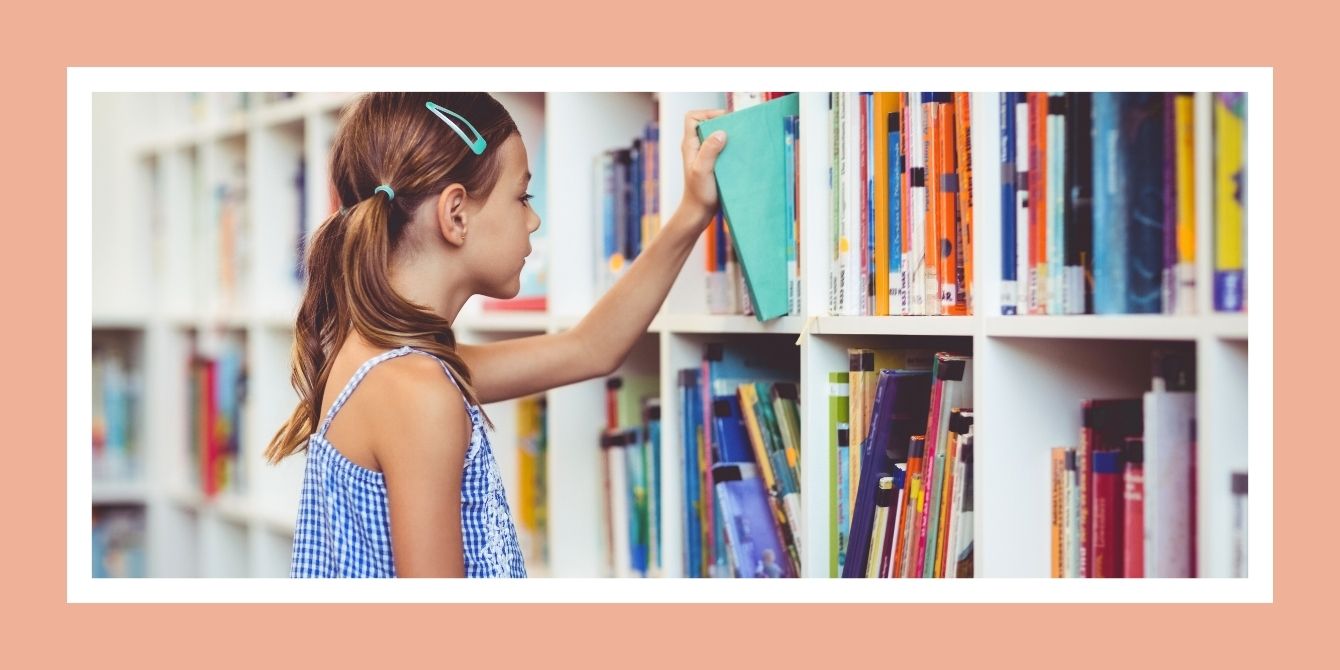

Three Florida parents are fighting back against Florida law H.B. 1069, suing Florida’s Board of Education, because they allege it violates their rights by not having a process to object to the removal of certain “banned books” from school classrooms, while protecting parents who request the banning of these books.
While Florida law H.B. 1069—also known as the “Don’t-Say-Gay” law—focuses on restricting what teachers can and cannot say or teach about gender, sex, and sexual orientation in the classroom, it also pertains to books that focus on these topics, including topics such as critical race theory, race, racism, and characters of color. The bill allows parents—namely conservative parents and people associated with Moms for Liberty—to demand these books be taken off the shelves and banned from schools.
The lawsuit was filed in the U.S. District Court for the Northern District of Florida, and the plaintiffs state their First Amendment Rights are being violated by not having a formal process in place to overturn a decision when their school board removes these books, per TIME.
The lawsuit says, “The statute only provides a mechanism for a parent to object to the affirmative use of material; it does not provide a mechanism for a parent to object to the lack of use or discontinued use of material,” according to TIME.
One plaintiff, Stephana Ferrell, a parent of two kids in Orange County Public Schools, told TIME, “Neither one of my children had classroom libraries because of the fear of being found out of compliance for a book on the shelf.”
According to TIME, books that have been banned include Slaughterhouse-Five, A Stolen Life, and Freedom Writers Diary, to name a few.
In an interview with TIME, Ferrell said, “I’m a very concerned parent. Over the last few years, with the different legislation that has passed, I’ve seen not only my children but my friends and communities impacted by the rise in censorship.”
Per the Associated Press, a PEN America report said Florida is responsible for 3,135 of the 4,349 school book bans in the United States as of April 2024. That is 72% of the books that have been pulled from schools around the nation, per the outlet.
“I’ve seen far too many books be labeled as completely unlawful,” Ferrell continued. “I know people are hesitant to use the word ban, but once you’re talking about labeling a book as unlawful, there’s no way—no matter how much a student wants to read it, no matter how much a parent supports it—that a district can bring that book back into the community, in our schools.”
“That long term impact on my children’s education and access to what should be protected speech has been a growing concern of mine,” she said.
One of the books that was being removed from a Florida classroom was Shut Up! By Marilyn Reynolds, which covers the sexual assault of a minor and written from the perspective of an older brother, who is distraught for not catching warning signs. This topic, according to Ferrell, could save lives, and the banning of this book was the catalyst for the lawsuit.
“The overall reason for my concern was not specifically about the book, but just the process itself. I want a process that allows thoughtful discussion,” Ferrell said. “We have that in our policy in Orange County— it didn’t happen. And if I think if it had happened, the book would have been retained because the initial objection was its use in curriculum, and not actually questioning whether or not it should be in the library.”
“While that book might not be appropriate for every child—and I do believe that parents have to set restrictions on their own kids—that could be a very valuable book and tool that could help save lives,” Ferrell said.
According to experts in education, book bans limit children’s exposure to different ideas, viewpoints, and information. This can hinder their ability to think critically, form their own opinions, and gain a well-rounded understanding of the world.
An American Library Association (ALA) survey found that 70% of parents oppose banning books in public libraries, with most parents having a high level of confidence in librarians to make decisions about age-appropriate book selections. First Focus On Children, a bipartisan advocacy organization working to make children the priority in federal policy and budget decisions, reports that nonetheless, there has been an uptick in restrictions on books in school libraries, with the ALA noting more than 1,200 requests to restrict book access in 2022.
This is the highest number of requests ever analyzed by the ALA. A small number of parents have propagated the book bans. A Washington Post analysis found that the majority of 1,000+ book bans were reported by just eleven people.
Amid all of these policies and school board decisions, it seems children and their needs have been utterly lost in the conversation surrounding their own education while also deepening the divides in the United States.
“Public education is not only the great equalizer, but it helps unite us from state to state, community to community, across the country,” Ferrell told TIME. “If we have certain states teaching certain things, and certain viewpoints, and others teaching something totally different, it will further divide us as a country.”
Original Article Source | Author
As the days stretch longer and the sun kisses your skin with a little more… Read More
As April showers begin fading away into our memory, it’s time for May flowers and… Read More
Of course, the Blackest Met Gala yet would happen at a time like this. The… Read More
Mother’s Day is nearly here, which means it’s almost time to post our tributes to… Read More
Something’s been brewing at The Ordinary — and I’m not talking about the brand’s excellent… Read More
In a world where Latinas are increasingly seeking spaces of healing, joy, and cultural reconnection,… Read More